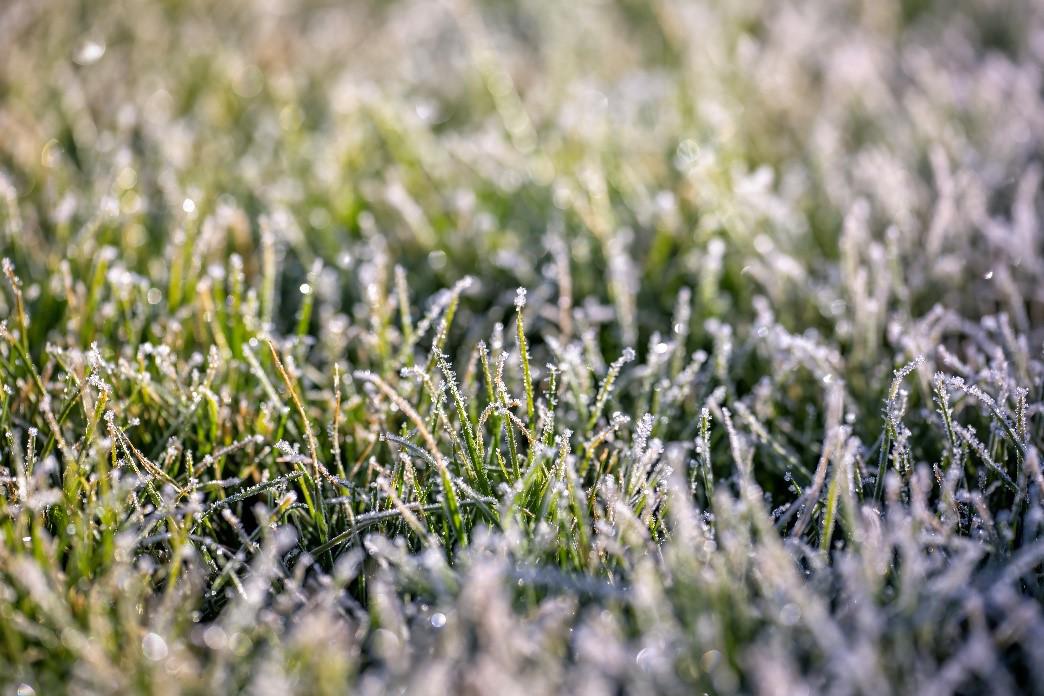
Winter may seem like a time to forget about lawn care, but neglecting your lawn during the colder months can lead to issues like winter kill, snow mold, and pest infestations. Winter lawn care is essential for maintaining a healthy lawn. Properly preparing your lawn before the cold weather sets in can prevent issues and promote vibrant growth when spring arrives. Here's how to keep your lawn protected through the winter season:
- Mow Low, Protect New Growth
Before the first frost arrives, give your lawn a final trim, cutting the grass lower than usual, ideally to a height of about 2-2.5 inches. This prevents matting and potential disease development under snow cover and discourages rodents from building nests in your lawn. Keep mower blades sharp for a clean cut.
- Clear Debris
Fallen leaves might create a picturesque autumn scene, but they can wreak havoc on your lawn's health. Rake up leaves, twigs, and debris to prevent moisture buildup, which can lead to fungal diseases. This decaying debris will cause a layer called thatch, which makes it hard for the yard to get water and nutrients, even after the winter.
- Aerate and Fertilize for a Strong Foundation
Late fall, just before the ground freezes, is the perfect time to aerate your lawn. Aeration alleviates compaction, improves drainage, and allows oxygen and nutrients to reach the roots. Follow with a winter-specific fertilizer to release nutrients slowly during dormancy.
- Overseeding for a Thicker Lawn
To thicken a thin lawn or fill bare patches, overseed with cool-season grass varieties like fescues in early fall. These grasses germinate in cooler temperatures and continue root development through winter, leading to a thicker lawn in spring.
- Minimize Foot Traffic
Even dormant grass is vulnerable to damage. Excessive foot traffic, especially on frozen ground, compacts soil and damages delicate grass crowns, leading to unsightly patches.
- Use Ice Melters Cautiously
Ice melters can maintain safety but often contain salts that damage lawns and plants. Opt for natural alternatives like wood ash, sand, or coffee grounds, which provide traction without harmful effects. If using chemical ice melters, apply sparingly and choose pet-friendly products.
- Stay Weather-Aware
Winter weather can be unpredictable. Sudden cold snaps or ice storms may require extra lawn protection. Cover vulnerable areas, such as a new seed, with burlap or straw for insulation during deep freezes.
- Spring Prep Starts in Winter
Winter is the perfect time to plan spring lawn care. Contact Wingate for an annual lawn estimate to maximize the health of your yard.
Get a Free Estimate at Wingate Pest & Lawn
Following these winter lawn care tips, you can ensure your lawn stays healthy and resilient throughout the colder months, setting the stage for a lush, vibrant lawn that will be the envy of the neighborhood come springtime. Contact Wingate Pest & Lawn for expert advice and a free estimate on our services to keep your lawn healthy all year round!
